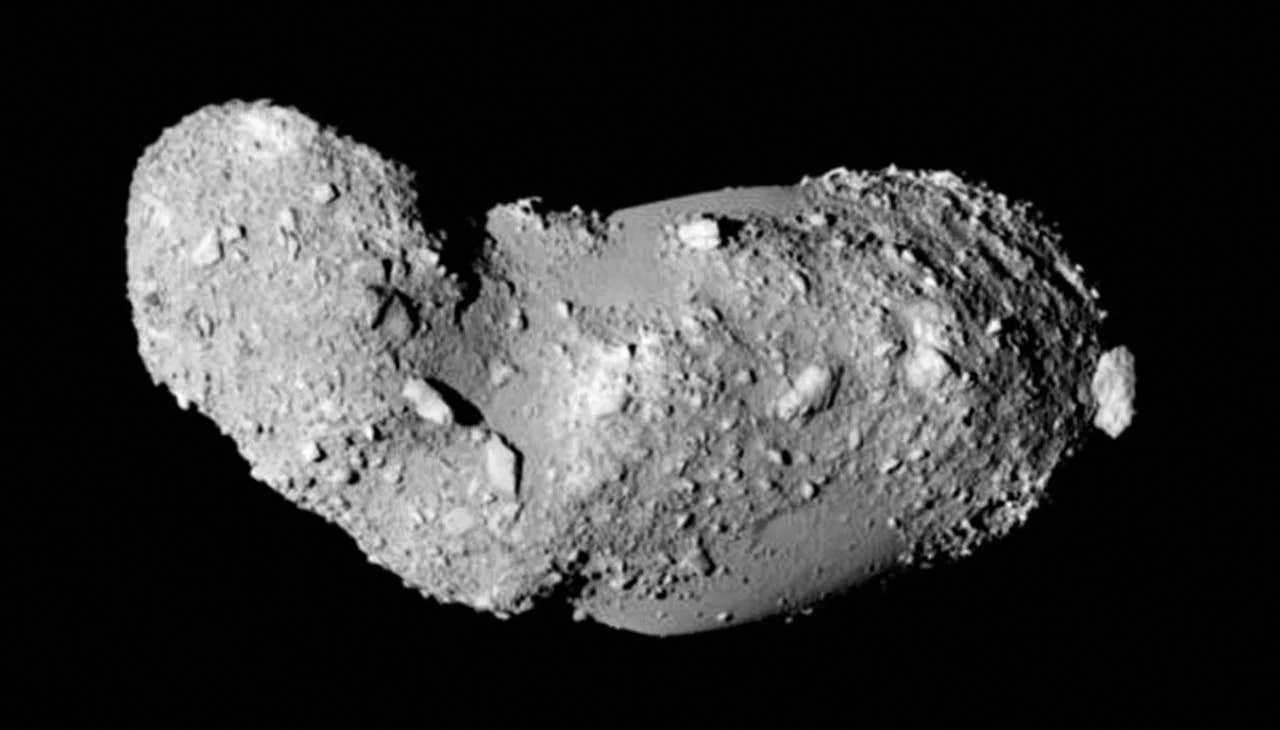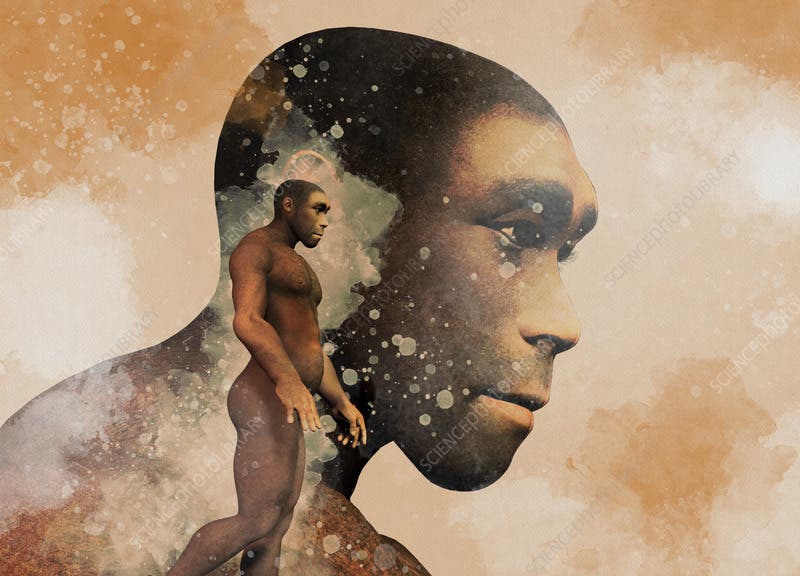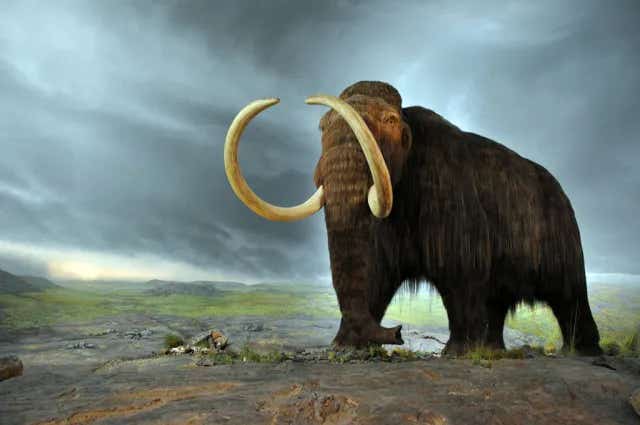What really came first… the chicken or the egg?
This age-old debate touches on the origins of life, evolution, and species development, sparking curiosity across multiple disciplines.

The question of whether the chicken or the egg came first has puzzled philosophers, scientists, and the general public for centuries. (CREDIT: CC BY-SA 4.0)
The question of whether the chicken or the egg came first has puzzled philosophers, scientists, and the general public for centuries. This age-old debate touches on the origins of life, evolution, and species development, sparking curiosity across multiple disciplines.
Though it may seem simple, exploring the origins of the chicken and the egg brings us into the realms of evolutionary biology, genetics, and paleontology. In recent years, scientific advancements have provided insights into this paradox, shedding light on both sides of the argument.
The Evolutionary Argument for the Egg Coming First
One of the most widely accepted arguments is that the egg came before the chicken, based on the principles of evolutionary biology. According to this view, chickens, like all species, evolved through gradual changes over generations. Long before modern chickens existed, their ancestors—bird-like dinosaurs—laid eggs. This would suggest that eggs existed millions of years before chickens as we know them emerged.
In evolutionary biology, species gradually adapt to their environments through a process called natural selection, where genetic mutations occur randomly, and those that enhance survival are more likely to be passed on to the next generation. Over time, these small adaptations accumulate, leading to the emergence of new species.
According to Dr. Charles Lineweaver, an evolutionary biologist at the Australian National University, "the evolution of birds from reptiles was a long and complex process, with many intermediate species that had features of both groups."
Birds, including chickens, are believed to have evolved from theropod dinosaurs, which existed around 150 million years ago.
Research suggests that these dinosaur ancestors laid hard-shelled eggs, akin to modern bird eggs. In other words, eggs were a critical adaptation for the survival of these creatures, as they provided a safe environment for embryos to develop outside the mother's body.
Related Stories
The evolution of eggs allowed animals to inhabit a broader range of environments, accelerating the spread of species and their adaptive potential.
Genetics and the Mutation that Created the First Chicken
The argument that the egg came first is further supported by genetics. Modern chickens belong to the species Gallus gallus domesticus, which is thought to have diverged from its closest wild relative, the red junglefowl (Gallus gallus), around 8,000 years ago in Southeast Asia.
Genetic mutations are what give rise to new species, and scientists argue that the first chicken likely came into existence through a genetic mutation in the embryo of an egg laid by a proto-chicken (a close but genetically distinct ancestor of the modern chicken). This genetic mutation, which arose through a combination of genes from its proto-chicken parents, would have been the defining difference that led to the emergence of the first true chicken.
The genetic basis for this mutation provides a compelling reason to believe that the egg came before the chicken. The process of speciation—when a new species arises—often involves mutations that occur during reproduction, sometimes as a result of chromosomal rearrangements or other molecular changes in the DNA.
When two proto-chickens reproduced, they passed along their genes, and at some point, a mutation or set of mutations occurred in their offspring that led to the appearance of a bird distinct enough to be classified as the first chicken.
A key player in this argument is the protein ovocleidin-17 (OC-17), which has been identified as essential in the formation of eggshells. Researchers at the University of Warwick and the University of Sheffield discovered that OC-17 helps convert calcium carbonate into calcite crystals, which make up the hard shell of the egg. Interestingly, this protein is found only in chickens, leading some scientists to argue that it was instrumental in the egg-laying process of the first true chicken.
Philosophical and Metaphysical Perspectives
The question of which came first—the chicken or the egg—also has philosophical roots that stretch back to ancient Greece. Plato and Aristotle both pondered this dilemma, viewing it as a question of cause and origin.
Aristotle, for instance, believed that both the chicken and the egg must have existed eternally since they are interdependent. His reasoning was based on the philosophical concept of the "uncaused cause," suggesting that there must be an origin point that is itself uncreated. From this perspective, the question leads us to ponder larger existential issues about the nature of existence and creation.
Counterarguments: Did the Chicken Come First?
While the egg-first argument has strong support, some biologists argue that the concept of an "egg" can only be meaningful if we first define the creature that laid it.
According to Dr. David E. Fastovsky, a paleontologist and professor at the University of Rhode Island, the term "egg" could only be used to describe an egg laid by a chicken once chickens existed. This perspective suggests that the first true chicken may have hatched from an egg laid by a nearly identical ancestor but would itself be the originator of the modern chicken egg.
In addition, some scientists point out that genetic recombination happens throughout the life cycle of an organism, not solely in the egg-laying process.
Some argue that certain mutations could have occurred in the adult ancestor rather than in the egg, influencing which genes were passed along and possibly giving rise to a new species—meaning that the proto-chicken adult itself underwent a gradual genetic shift that resulted in the birth of a true chicken.
Reconciling the Debate with Modern Evolutionary Concepts
While both arguments are compelling, recent insights from evolutionary biology and genetics provide a possible reconciliation. In modern evolutionary terms, species boundaries are somewhat fluid, as speciation often occurs gradually over long periods.
The transition from proto-chickens to chickens did not happen overnight but was a gradual process of adaptation, where genetic mutations accumulated until the proto-chickens could be classified as a new species—chickens.
This perspective helps bridge the gap between the egg-first and chicken-first arguments. The egg, in this case, represents a medium for species transition, providing an environment where genetic mutations could combine in novel ways, leading to the birth of a new species.
However, the organism emerging from that egg would not be instantly recognizable as a chicken in the modern sense but rather as a transitional form, with gradual changes accumulating over many generations.
Scientific Studies and Modern Interpretations
Recent studies in genomics and paleontology provide further evidence that supports the egg-first theory, although they leave room for interpretation.
Genomic studies conducted at institutions like the University of California, Berkeley, and Harvard University have explored how genetic mutations in DNA sequences contribute to the evolution of new species. By studying genetic sequences in different bird species, scientists have observed patterns that suggest gradual evolution and mutation as critical mechanisms driving speciation.
In addition, the fossil record provides insight into the evolutionary trajectory of birds from their dinosaur ancestors. Fossil evidence of egg-laying theropods from millions of years ago suggests that the egg has been a fundamental reproductive strategy long before chickens evolved. These ancient ancestors of birds laid eggs, which were critical to their survival and adaptation.
The question of whether the chicken or the egg came first might ultimately have no definitive answer. The chicken-and-egg problem serves as a metaphor for the interdependence and complexity of life’s origins.
In terms of scientific consensus, the egg likely came first, but this answer depends on how we define what constitutes a "chicken" and an "egg." If we accept that speciation is a gradual process without a clear dividing line, then the concept of a “first chicken” or “first egg” becomes less absolute.
Ultimately, this debate underscores the marvels of evolution and genetic adaptation, offering insights into how complex life forms emerged from simpler organisms.
Whether you side with the egg or the chicken, one thing is clear: the interdependence of life forms, genetic mutations, and environmental adaptations forms the intricate web that has allowed species, including chickens, to evolve.
This paradox thus invites us to look beyond labels and recognize the seamless continuity of life on Earth—a journey without a singular beginning or end.
Note: Materials provided above by The Brighter Side of News. Content may be edited for style and length.
Like these kind of feel good stories? Get The Brighter Side of News' newsletter.
Joseph Shavit
Head Science News Writer | Communicating Innovation & Discovery
Based in Los Angeles, Joseph Shavit is an accomplished science journalist, head science news writer and co-founder at The Brighter Side of News, where he translates cutting-edge discoveries into compelling stories for a broad audience. With a strong background spanning science, business, product management, media leadership, and entrepreneurship, Joseph brings a unique perspective to science communication. His expertise allows him to uncover the intersection of technological advancements and market potential, shedding light on how groundbreaking research evolves into transformative products and industries.



